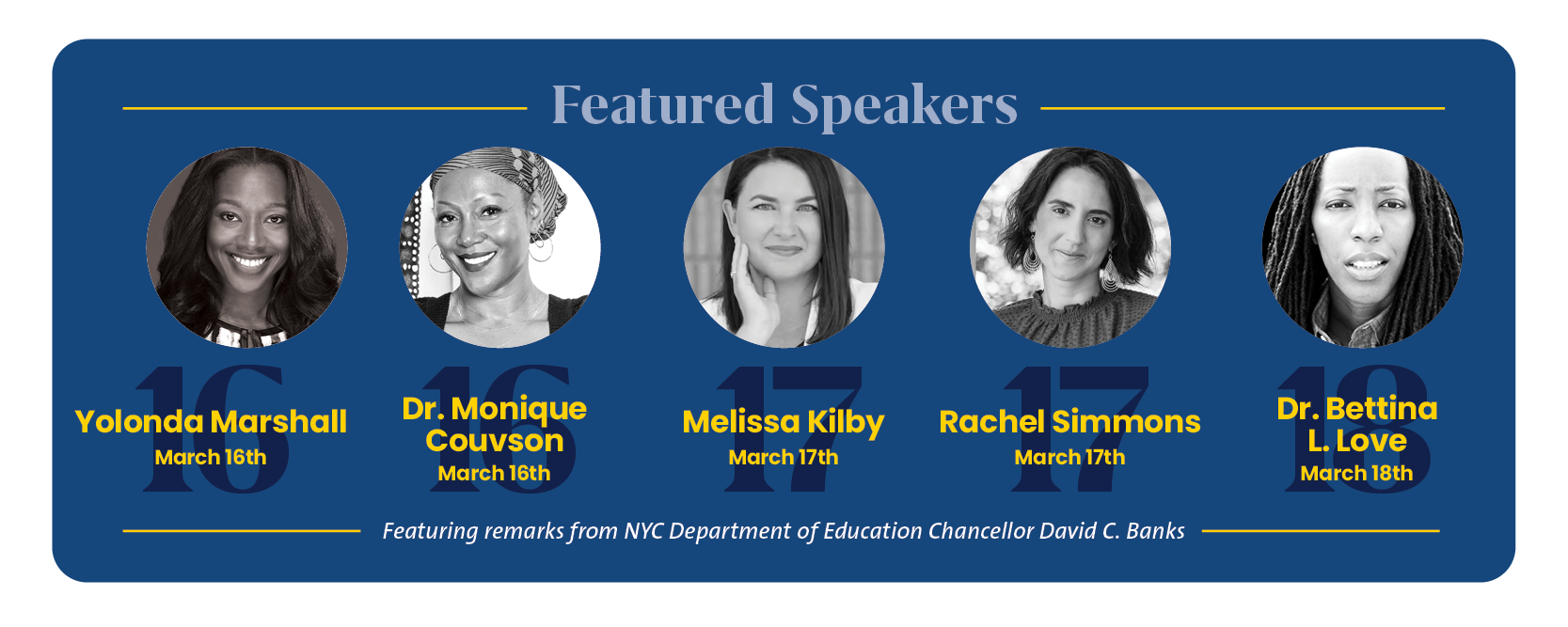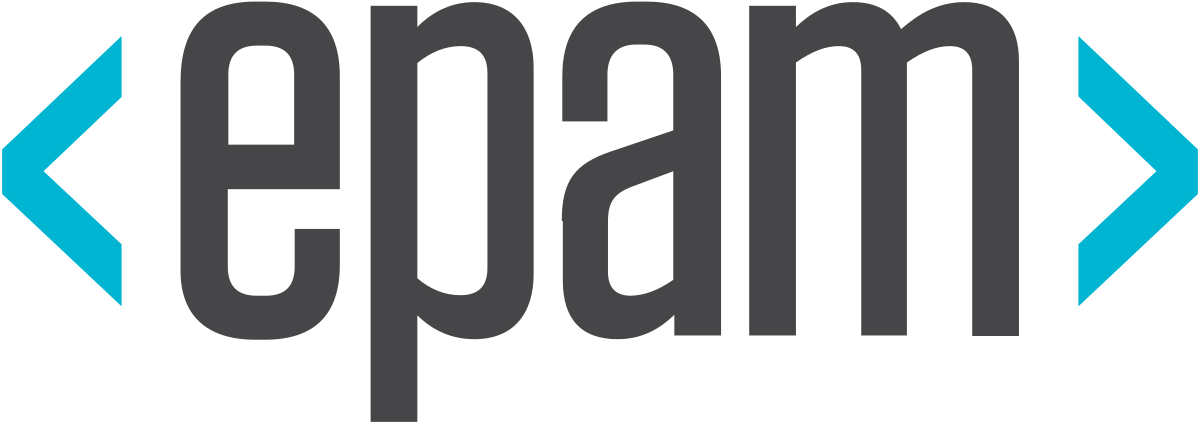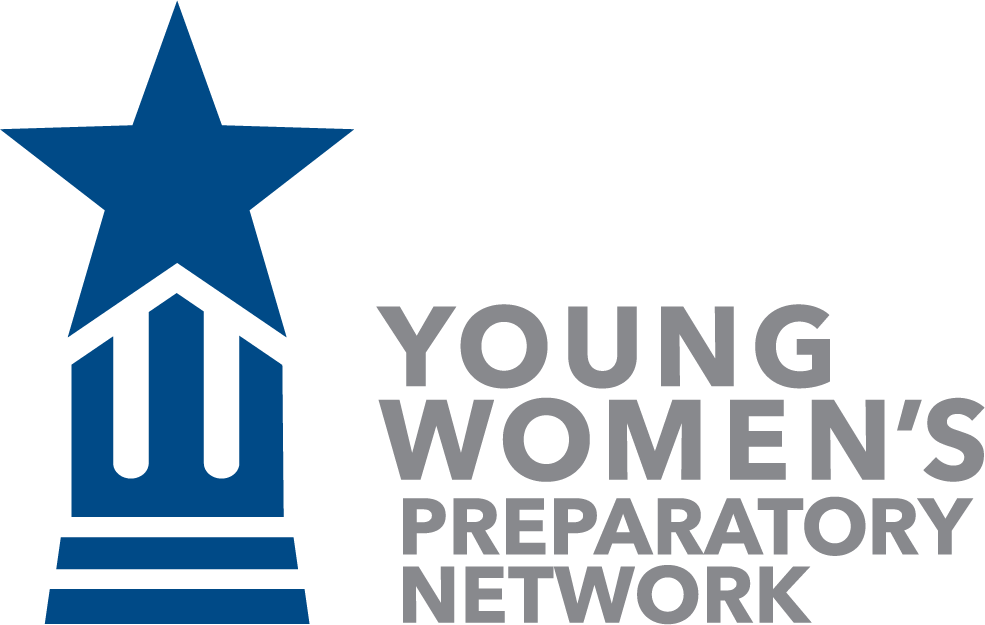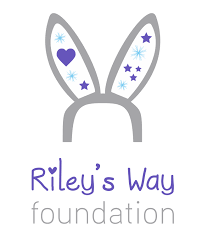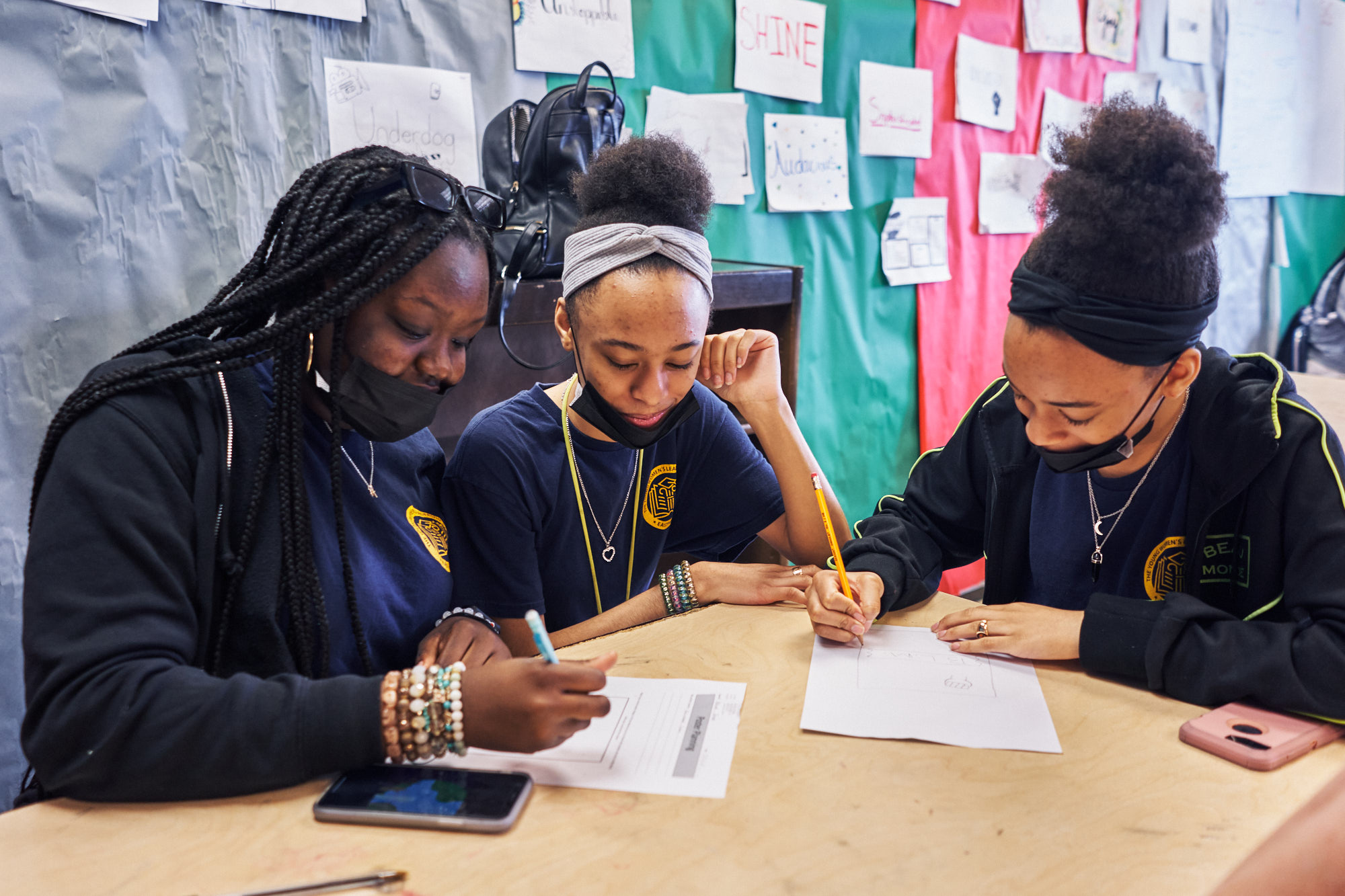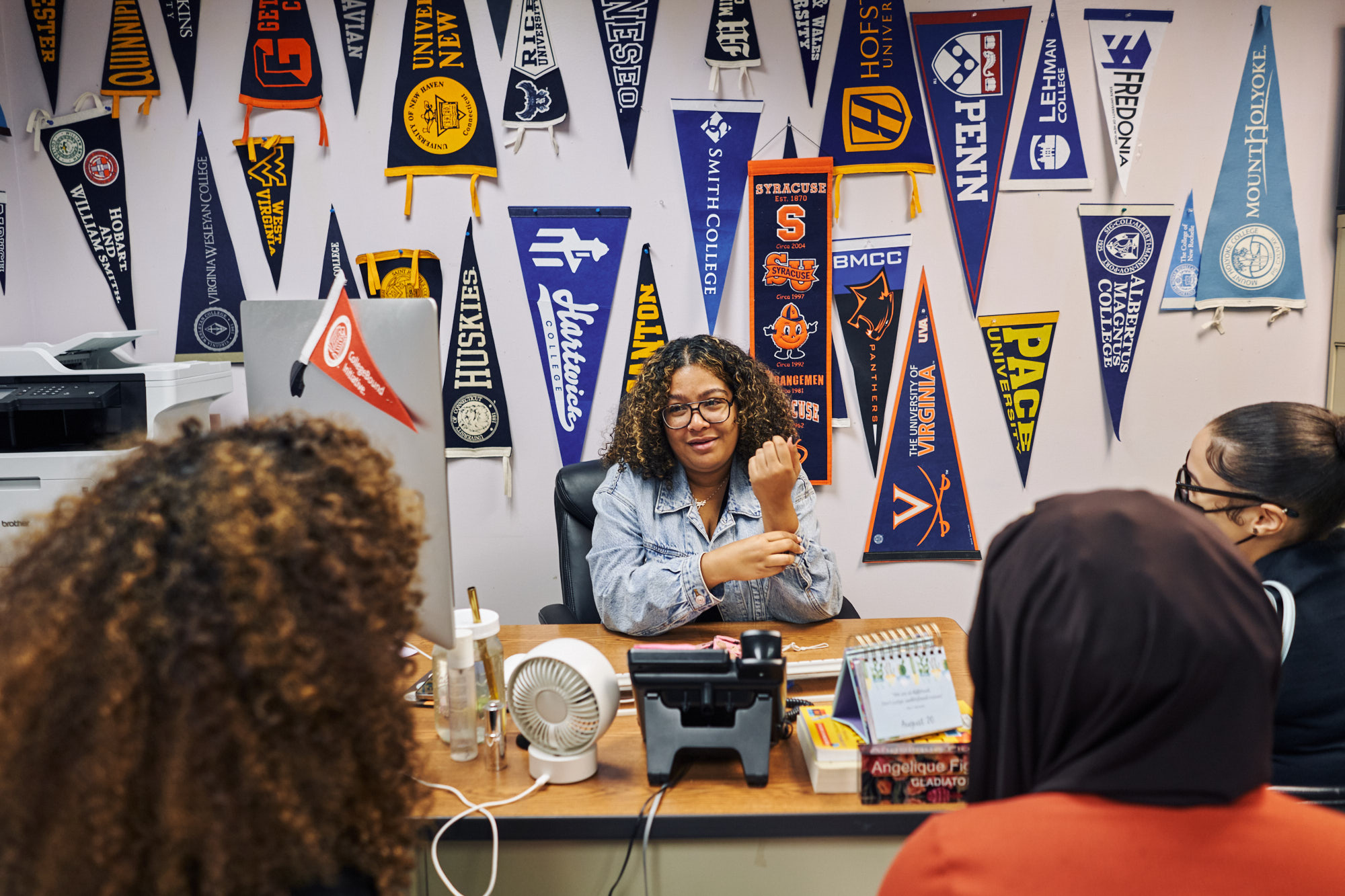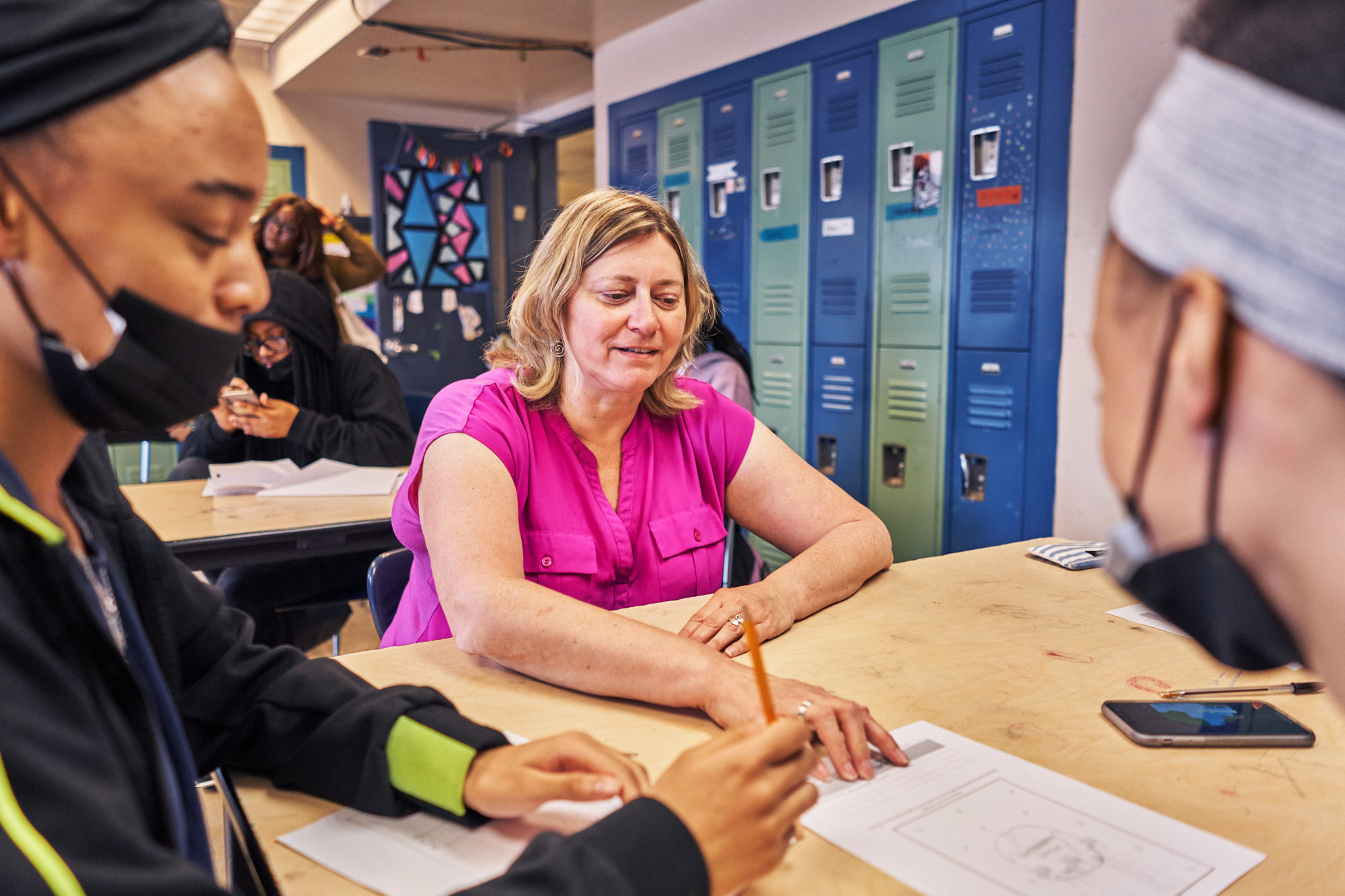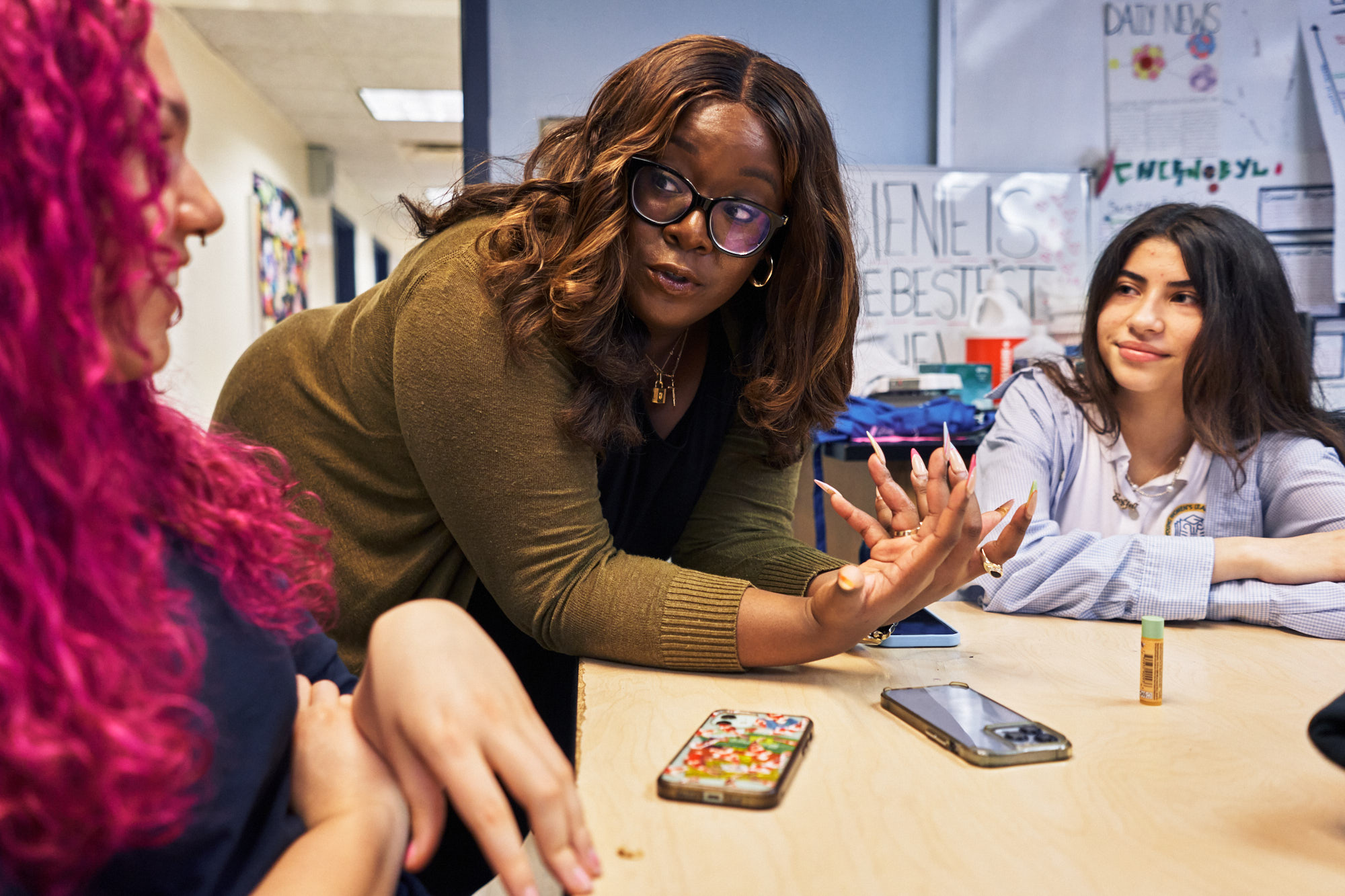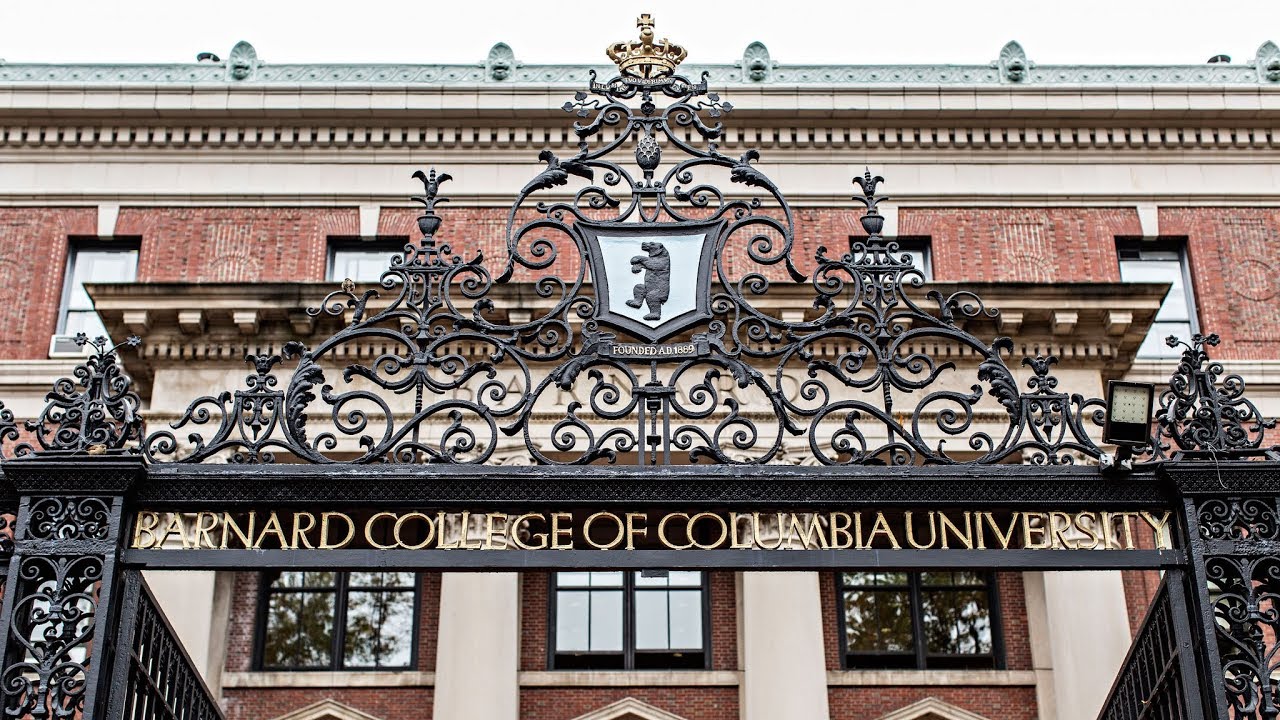What Comes after High School Graduation? How Whole Girl Education Shows Up in Stories of College Success Tyra Crosbie and Tyra Riedemonn, Gettysburg College
The session identifies the way that Whole Girl Education Practices of Connection, Voice, and Academic Rigor support students to develop competencies that serve them in their careers after high school. The session is led by two alumni of The Young Women’s Leadership Schools and uses storytelling and practical activities to explore how educators can leverage Whole Girl Education Practices to empower students across all definitions of success? | Diana LL104 |
Everything is Transformed: A Guide to Residencies and Retention, Devin Chowske, The Young Women’s Leadership School of Astoria
Antoine Lavoisier laid the foundation for the law of the conservation of mass when he mused, “Nothing is lost, nothing is created, everything is transformed." In 2023, school leaders should ask if the same can be said of faculty skills as we experience a workforce in transition. In our breakout session, we will explore methods for training staff in residency; providing leadership opportunities to lighten the load for senior staff; and off-boarding effectively to cultivate staff alumni networks. Participants will have the opportunity to create mastery-based rubrics for staff, organizational scaffolds for leadership, robust self-assessment cycles for teachers, and opportunities for engagement with former faculty. Connection is a choice, one that assures us no investment in our community will ever be lost - come be part of our transformation! | Diana LL103 |
Social-Emotional Empowerment: A Path to Meaningful Connection Medina Del Castillo, The Young Women’s Leadership School of East Harlem and Nyeesha D. Williams, My-Robin
This breakout session will provide an understanding of how social-emotional skill- building through interactive discussions and activities with the students can result in better connections with each other, higher self-esteem, and greater feelings of connectedness with adults in their lives. Workshop leaders will describe a 2021-2022 social-emotional skills coaching program at the Young Women’s Leadership School of East Harlem and its results, and participants will engage in activities that can be applied in their schools and classrooms. | Milstein 111 |
Funny Girls: Leadership Skills Through Improv! Sara Ach, Jill Frutkin, and Jenny Raymond, Funny Girls
Laugh, learn and lead at the same time? YES, AND cultivate leadership skills, including risk-taking and collaboration through improv! We’ll take you through a wild journey of creating characters and plot on the spot in a supportive interactive setting, while honing the skills of collaboration and empathy. We welcome introverts, extraverts, improv newbies, and leadership pros alike. This workshop is for teachers who want to practice and discuss building classroom rapport, along with building leadership in both themselves and their students. | Milstein LL001 |
Can You See Us Now?: Black Girls Navigating Predominantly White Institutions Sarah Odell, PhD, Hewitt School and Terri N. Watson, PhD, The City College of New York
Too often education researchers proffer the experiences of Black girls in schools as either a subset of scholarship centered on a) girls or b) Black children. Meaning, Black girls’ lived experiences in the schoolhouse - based on the intersection of race, gender, and class - is obfuscated in extant literature. This (un)knowingly makes their nuanced realities indiscernible and thereby difficult to remedy. This case study will shine a needed light - and an intersectional lens - on Black girlhood in the schoolhouse. We will employ a mixed methods approach to elucidate the lived experiences of five Black girls who attend an exclusive independent school in New York City. This study shows how Black girls can thrive in predominantly White spaces. | Milstein LL016 |
Designing Schools FOR Girls, Not OF Girls: The Whole Girl Education Framework Sarah Boldin and Drew Higginbotham, Student Leadership Network
Come join a discussion about designing schools that optimize the educational experiences of girls and gender-expansive youth. Why is it important to create educational opportunities that center the experiences of girls and gender-expansive youth? What are the particular considerations for designing schools that serve girls and gender-expansive youth? What promising strategies and mindsets are you seeing in your schools and communities that allow girls’ and gender-expansive youth to flourish? Share in a conversation about centering student voice and fostering a gender-conscious culture of belonging as key components in girls’ education. | Milstein LL017 |
Read Alliance: Building Connections through Literacy, Mentorship, and Employment Marcos Clander and Rossy Francisco, Read Alliance
Read Alliance’s workshop connects to the sub-theme by describing how young people employed by Read Alliance, as individual reading tutors for their younger peers, form deeper connections within their community, and in the process build a sense of ownership and empowerment to positively impact the lives of children in their neighborhood. In this community empowerment model of programming, teens are trained to provide phonics-based intervention which helps propel academic success for early elementary students, and also to serve as mentors and role models to striving readers at nearby elementary schools. By providing meaningful employment for young people - in their own neighborhoods - they are also advancing their postsecondary opportunities through robust work experience, resume building, and additional professional development support. The opportunity to work in an environment that elevates the power of each young person as a role model and changemaker is instrumental to developing long-term strengths and that promote social and emotional learning well into the future. | Milstein LL018 |
Using National Datasets to Enhance Teaching and Leading in Schools Aaron Hawn, Student Leadership Network
How does your school district or neighborhood compare to nearby communities on key factors in education, income, poverty, gender equity, migration, and community resilience? How can knowing a bit more about our communities extend the work of teaching, advocacy, and communication? Participants will explore these questions, walking through an interactive survey of free online tools, lesson plans, and data visualizations with plenty of time to explore resources on their own or together. Be ready to dive deep into community data and uncover new insights, inequities, and inspiration for classroom projects. | Milstein 113 |

